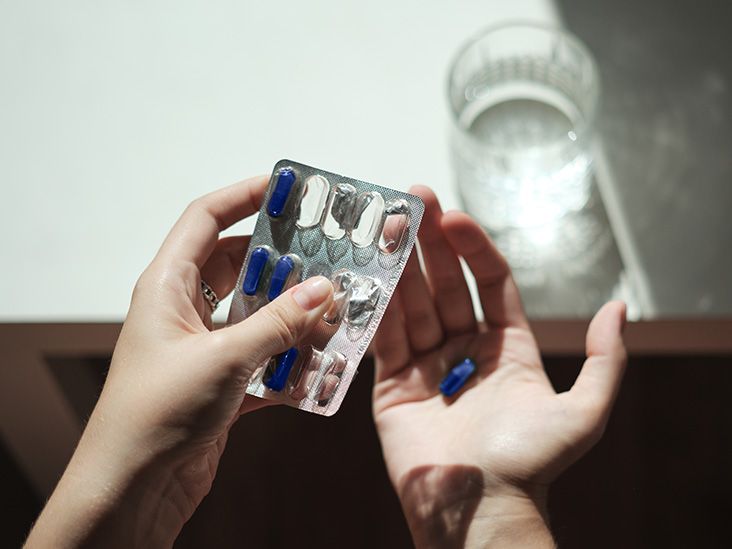Kesimpta (ofatumumab) can be outside the refrigerator for up to 7 days. It’s important to store the drug correctly to ensure it stays safe and effective for you to use.
Kesimpta (ofatumumab) is a

Kesimpta should be stored in the refrigerator between 2ºC and 8ºC (36ºF and 46ºF) until you’re ready to take a dose. Be sure to keep it in its original carton to protect it from light. You should not freeze Kesimpta or shake it.
If needed, Kesimpta can be kept at room temperature for up to 7 days. However, the temperature should not exceed 30°C (86°F). Otherwise, you’ll have to discard it even if you haven’t used it.
This flexibility with storing Kesimpta can be helpful when traveling, if you accidentally leave it out of the refrigerator, or if your refrigerator stops working. Keep in mind that once Kesimpta is removed from the refrigerator, it should not be put back. So be sure to use it within 7 days. After 7 days, you’ll have to discard it.
Consider the following tips when storing Kesimpta:
- Write the date: When taking Kesimpta out of the refrigerator, you can write the date on the carton. This will help you keep track of how long it has been at room temperature.
- Use a cooler for travel: If you’re traveling, you can store Kesimpta in a medical-grade travel case or a reliable travel cooler to maintain the correct temperature.
- Protect from light: Always keep Kesimpta in its original carton to shield it from light, whether in the refrigerator or at room temperature.
- Check expiration date: Make sure to use Kesimpta before the expiration date printed on the packaging.
Correct storage of Kesimpta is essential for its safe and effective treatment of your condition. While it’s best to keep it refrigerated, you can store it at room temperature for up to 1 week if needed.
Always follow the storage instructions for Kesimpta. You can read the drug’s label or talk with your doctor or pharmacist if you have questions about storing it.
Disclaimer: Medical News Today has made every effort to make certain that all information is factually correct, comprehensive, and up to date. However, this article should not be used as a substitute for the knowledge and expertise of a licensed healthcare professional. You should always consult your doctor or another healthcare professional before taking any medication. The drug information contained herein is subject to change and is not intended to cover all possible uses, directions, precautions, warnings, drug interactions, allergic reactions, or adverse effects. The absence of warnings or other information for a given drug does not indicate that the drug or drug combination is safe, effective, or appropriate for all patients or all specific uses.

